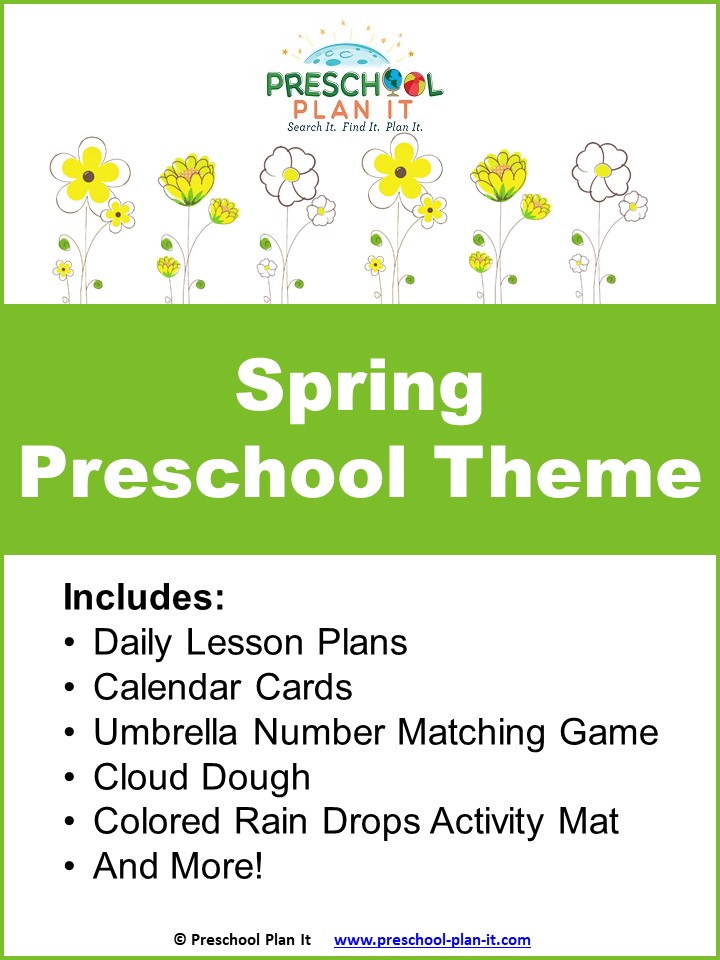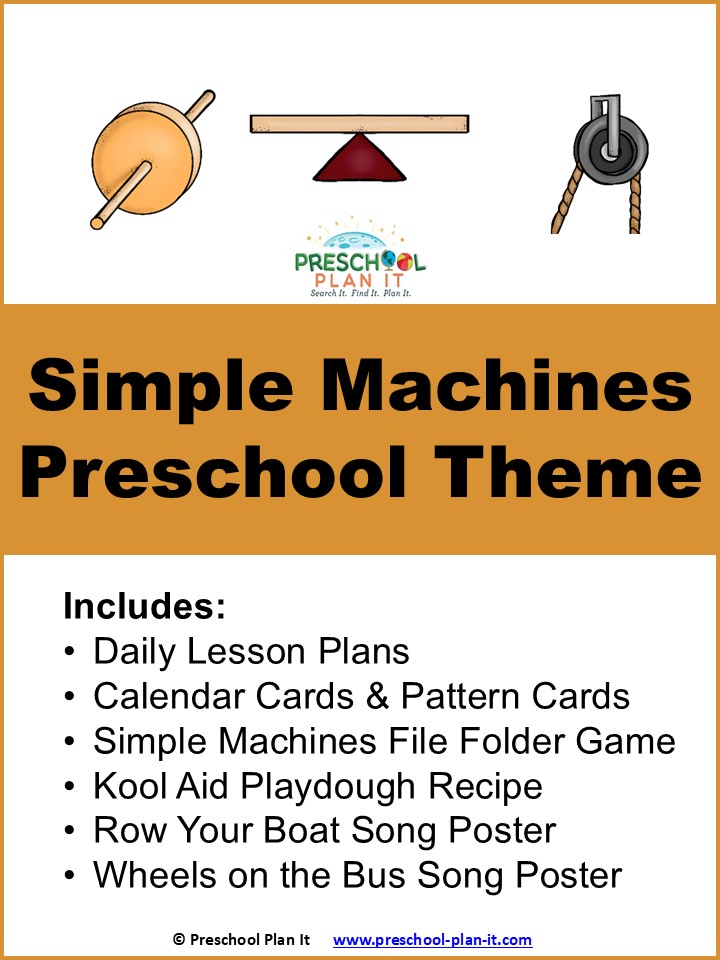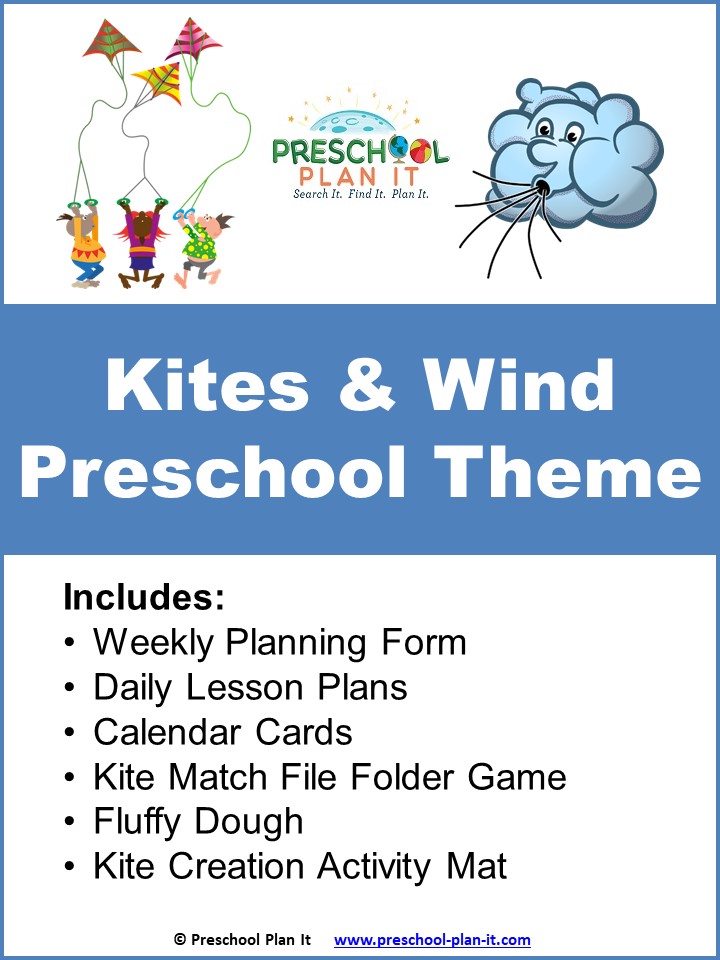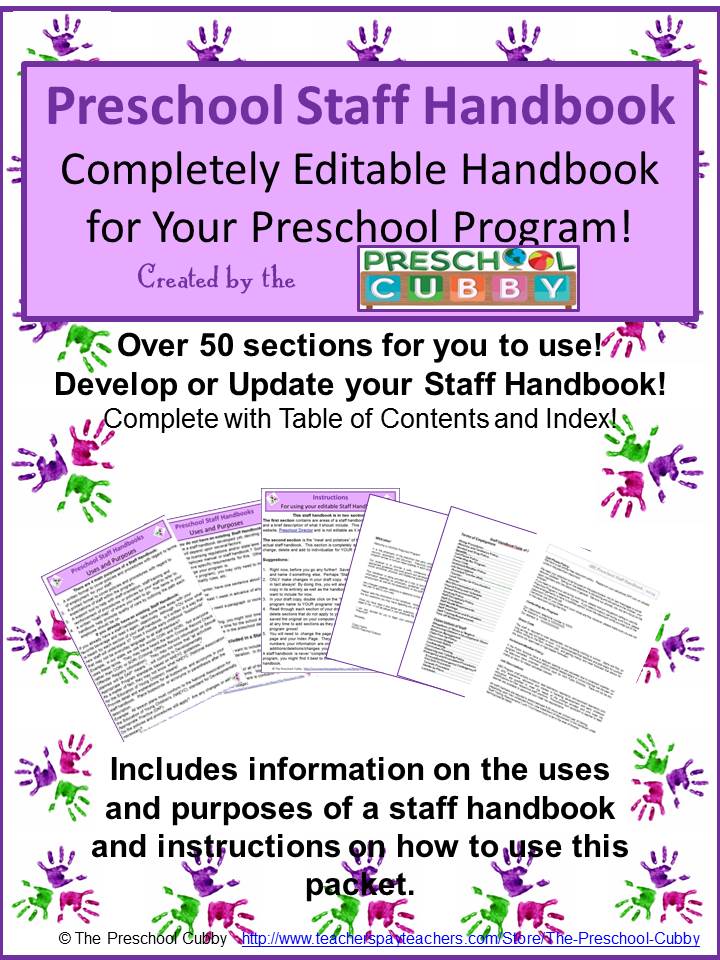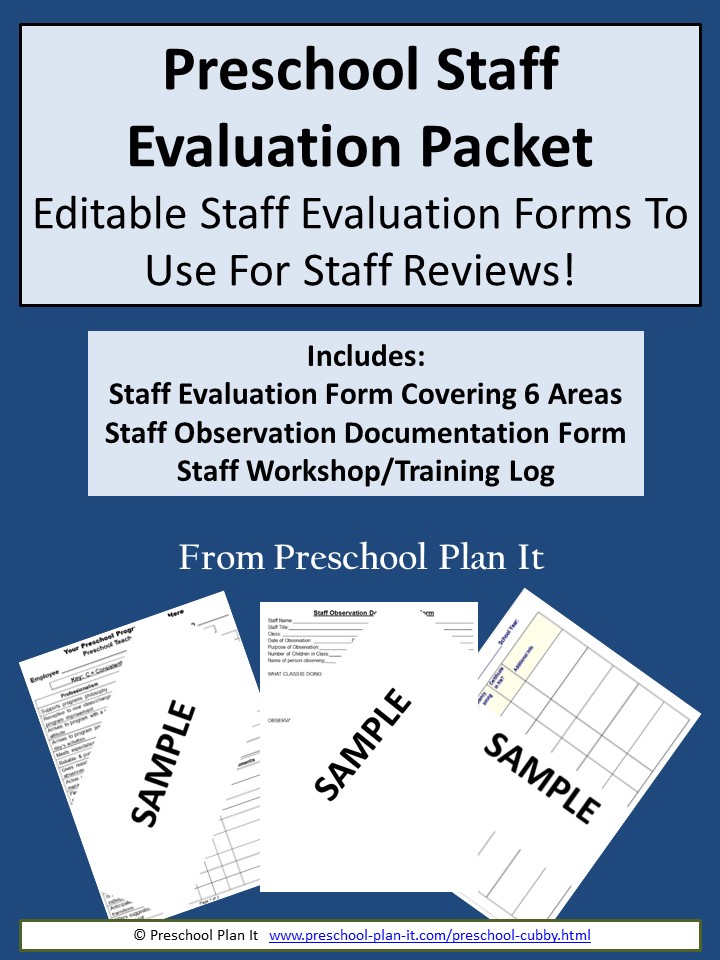- Theme Packs
- Themes
-
Preschool Planning
- Preschool Teachers
The 6 MUST DOs When Answering A Preschool Telephone
Answering a preschool telephone should be done intentionally: With a Plan!
If you are like most programs, answering the telephone is done by whoever is nearest to the phone after the 2nd ring because the rule is: ALWAYS answer the phone!
However, most programs do not go further than that. The ringing phone is answered in this way:
- The staff member answers the phone.
- If it’s a parent, the staff member puts the parent on hold and pages the child’s teacher to pick up.
- If it’s someone calling for information, the staff member answers the questions if she/he can or puts the person on hold and pages the director or office to take the call.
There needs to be a better, more intentional plan than this. Answering a prospective parent’s answers without obtaining follow up information means you’ve lost an enrollment opportunity.
Answering a call when your class is in the middle of an active or busy time means the staff member is not focused on the caller, but on the activity and, therefore, is not actively listening to the caller.
Every thing that is said or not said during the first 30 second of an incoming call will determine the outcome of that call.
Your preschool enrollment depends on having prospective families to communicate with and follow up with. And most enrollment begins with that first inquiry phone call. You and your staff need to make each and every call a priority. Here are 6 areas for you to focus on to improve your program’s skills.
1. Answer Quickly

Answer quickly. Business telephone etiquette dictates all calls should be answered by the end of the 2nd ring and no later than the 3rd.
During school hours, answering all calls is a MUST! If a prospective family is calling and the phone rings 4 or more times or goes to voice mail, it tells them that they will not be able to reach someone if their child is enrolled.
This is very concerning for families looking for care. They want to know they can reach you if they need to. Even though this may be just one time that it takes 4 rings, this new caller does not know this. Instead, they thing this is the norm…..not the exception.
2. Answer Warmly and With Intention
A. Answer Warmly
Telephone etiquette 101 has always been to answer the phone with a smile on your face. It may sound silly to you, but it makes a difference. If you take a breath, smile and then answer the phone, it makes a different in your voice!
Don’t think so? Try it! Put a serious face on (or an angry face/frown on!) and say out loud, “Thank you for calling Preschool Plan It”. Now take a breath and intentionally smile and say the phrase again. Hear the difference?
In addition to answering warmly, please, answer slowly and clearly!
We all get very used to saying the name of our center out loud to the point where we don’t even hear how we sound. We say the name quickly. Well, the new person calling needs to hear the name of your center clearly. Saying the name of your center quickly tells callers you are rushed when actually, you may just be answering on “auto-pilot”.
B. Answer intentionally.
By this I mean, with the intention of focusing on your caller, not other things going on around you! If the classroom is busy and loud, step outside the room or take the call from a quieter area.
Put these items together and here is what you have:
Take a breath and smile:
“Thank you for calling Preschool Plan It!” (pause) “This is Cheryl.” (pause) “How may I help you?!”
What if you can not get to the telephone in time? Be sure to have your answering service/machine set to 3 rings and then have voice mail pick up.
Please, don't have a boring message! I suggest having you come up with a message that is YOU and not stale and “business-y”. Instead of “Thank you for calling Preschool Plan It. We can’t come to the phone right now. If you leave your name and number we will return your call as soon as we can.”
Arghhh…..blah, blah, blah. Too stuffy. Too impersonal. You work with children! Be fun!
How about, “Thank you for calling preschool plan it. This is Cheryl. Sorry you got the machine, we are in the middle of an activity with the children right now that requires all hands on deck-most likely up to our elbows in fingerpaint or singing Tooty Ta together! Please leave your name and number and we’ll call you back in a little bit!”
Create a different and fun message for an after hours or weekend message as well!
3. LISTEN to your caller, TAKE NOTES and Respond
The first word in this bears repeating……..LISTEN to your caller. Sure, with an inquiry call, your end goal is to set up a tour and enroll, but don’t be so focused on that goal that you don’t hear what your caller is asking.
Too many times we all do this. We do it during phone calls and even during conversations with friends! We find ourselves waiting for the other person to stop talking so we can say what we are thinking!
If you don’t listen to what your caller is saying, you can not possibly meet THEIR needs.
The first thing you need to do when they are done asking their question, is get their name. Asking for their name is how you will follow up to any question before addressing their question.
Let’s go through a few scenarios where I am calling your program about my son William who is 2 ½ years old.
My Question: Do you have half day programs for toddlers?
You: We do have a toddler program. Who am I talking to (or May I ask your name?).
Me: Cheryl).
You: How old is your…is this your son or daughter, Cheryl? (Some parents consider their 3 or 4 year olds toddlers or may be talking about their 18 month old. You need to know what THEY consider a toddler).
Me: My son. He’s 2 ½.
You: What a fun age! What is your son’s name?
Me: William
Awww! Well, Cheryl, we do have a program (programs) for toddlers. You said you were looking for a half day program for William. Tell me more about the hours you are looking for.
My Question: How late are you open?
You: May I ask who is calling?
Me: This is Cheryl.
You: Are you looking for care for your child, Cheryl?
(You ask because this might be a parent or family member of a current family who doesn’t usually pick up and need to know if they will be late. Trust me! It happens!).
Me: Yes. I’m calling around to see what hours programs in the area have.
You: We work out hours with each family based on their needs, with the latest pick up time being 6:00. How old is your…….is this your son or your daughter, Cheryl?
From here, I will either tell you I need later hours to which you can refer me to a CC&R in the area to help me out. Or, I will answer your question about my child and the conversation continues.
And the #1 question…….drumroll please: What are your rates?
There are many ways to answer the “rate” question. But first, you still need basic information from the caller: Their name, their child’s name and age and the hours they are looking for.
You: I’d be happy to get you that information. Who am I speaking with?
Me: This is Cheryl.
You: We have varying rates depending on what you are looking for. First, Cheryl, how old is your…….is it your daughter or son?
Me: It’s my son. He’s 2 ½.
You: What a fun age! We have several programs for…..what is your son’s name?
Me: William.
You: We have several programs for William’s age group. Are you looking for full time or part time hours Cheryl?
As I said, there are many ways to continue on with the rate question. There are 2 schools of thought on giving rate information over the phone. Let’s look at both of them.
4. To Give or Not to Give Rates Over the Phone
There are two schools of thought on whether you should give your rates over the phone.
Some say yes you should. The reason is if your center is over their budget, you’re not a good fit for them regardless of your program benefits.
Others say you should not. The reason is that you need to find out more about their needs to see if your schedule can accommodate them. Also, some providers have found that families enrolled their children to their program, even though it is more expensive than another, because of the trust and repoire developed during the tour.
What school am I in? I am in the school that you need to have the family’s information so you can communicate with them. Therefore, no. I recommend sending them the information either via email or regular mail. You then have their information and can be in communication with them.
Should they have other needs in the future, you have spent the time developing a relationship with them and helping them to get to know you and your program through those communications.
So, in the last scenario in the previous tip, it may look something like this:
Me: What are your rates?
You: I’d be happy to get you that information. Who am I speaking with?
Me: This is Cheryl.
You: Well, Cheryl, our rates differ depending on a few things. First, Cheryl, how old is your…….is it your daughter or son?
Me: It’s my son. He’s 2 ½.
You: What a fun age! We have several programs for…..what is your son’s name?
Me: William.
You: We have several programs for William’s age group. Cheryl, tell me about your schedule and what hours you need for William.
In the end, I would tell the caller:
"Cheryl, it looks like there may be two options that would work for you. I’d like to send you out a packet today that has the rates, hours and other information. What is the address I can send it to?"
Once you have the address or email address, tell them:
"In the packet* I am mailing to you today you’ll find the information you are looking for. Also, you’ll find a checklist that we’ve put together to help you as you call and visit programs. It has questions to ask the directors and things you should look for when visiting a center."
*Create a checklist of items families should look for or ask when touring programs!
I have a free download you can use and individualize before sending to a family. It will help you during the telephone call and during any tours your give! It also has a Visiting Family Checklist FOR YOU where you can list the information you get during the phone call including the caller’s name, child information and the needs they express during the phone call.
BONUS! Include a copy of the tour checklist (<--Click that link for your FREE download!)5. Book a Tour!
End your phone call by booking a tour!:
“I will send this packet out to you as soon as we get off the phone. I’ve enjoyed talking with you! I’d love to have you and William come by to visit our school, meet the teachers and take a look around. Would you like to visit Thursday or Friday?"
6. Follow Up!
The caller may not want to set up a tour now, but at least your offered it. AND you now have contact information for this family.
You will want to follow up within a few days of the phone call.
The first follow up will be sending the packet you promised.
The next follow up should be 3-4 days after that. You should send a letter reminding them of the packet you sent, asking if they have any questions and including an article or information about something you discussed during the telephone call. For more information on followup, check out my article The Preschool Tour. There I discuss some ideas. The followup to an inquiry phone call is very similar to how you would follow up on a tour!
Telephone Marketing Summary
There is one more thing you should do: Train each and every person who will be answering the telephone on:
A. How to go through the above process or
B. How to professional answer calls, even if their job will be to take a message and pass the information on to you.
It is important that the inquiry phone call be handled consistently by all. The basic information should be obtained. If staff will be answering phone calls, they need to ask:
May I have your name?
How old is your son or daughter? (again, then ask for the child’s name).
Take notes on anything the person calling says. They may say they are moving in 2 weeks and need to find child care right way.
They may have pulled their child from a program and want to enroll in a new one (in this case, the staff should empathize with the parent and ask why they are looking for a new program.
This will help you to know why they are pulling their child and what needs were not met there.).
You might also be interested in these articles:

Go to the Preschool Director Home Page

Go to Preschool Plan It's Home Page

Hey there! Welcome to Preschool Plan It! I’m Cheryl, a preschool teacher of over 20 years.
I KNOW, I know, you spend hours of time developing your preschool themes, activities and preschool lesson plans each week. You are commited to planning preschool themes and activities that are engaging hands-on, interactive, fun AND meet the goal of supporting each child’s level of growth and development.
I am commited to providing you, the preschool teacher, with everything you need to develop preschool lesson plans and preschool activities for your classroom all in one place!
READ MORE
Join My Free Preschool Teacher Tips Newsletter
You’ll receive a weekly email with planning tips and teaching ideas.
You'll also receive (on the 1st of each month) a free theme starter pack with some printables and activity ideas to get you started planning a theme!Join Now and Get Your First Theme Right Away!
© Copyright 2010-2025 Preschool-Plan-It.com | All Rights Reserved | Privacy Policy & Disclaimer
- Preschool Teachers








